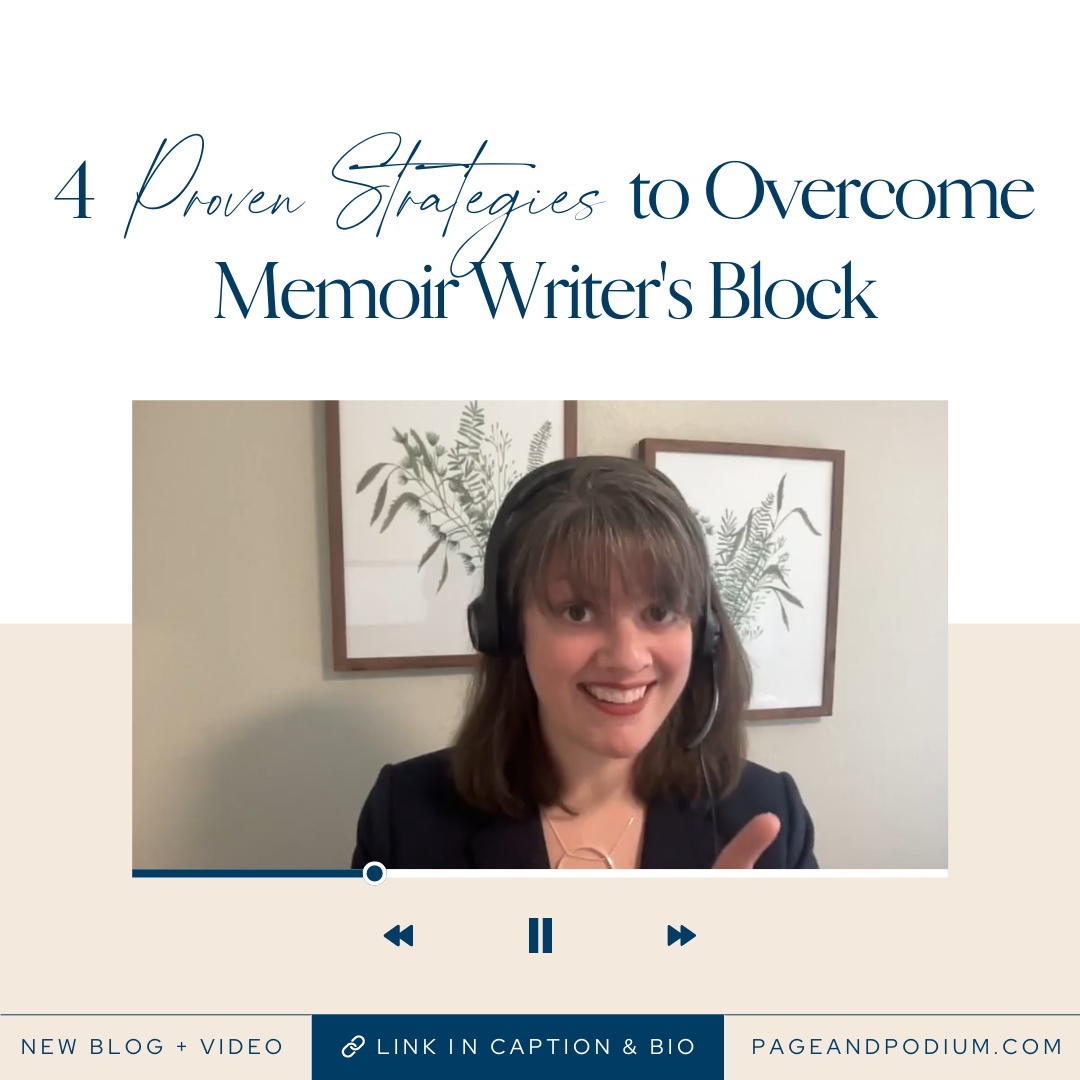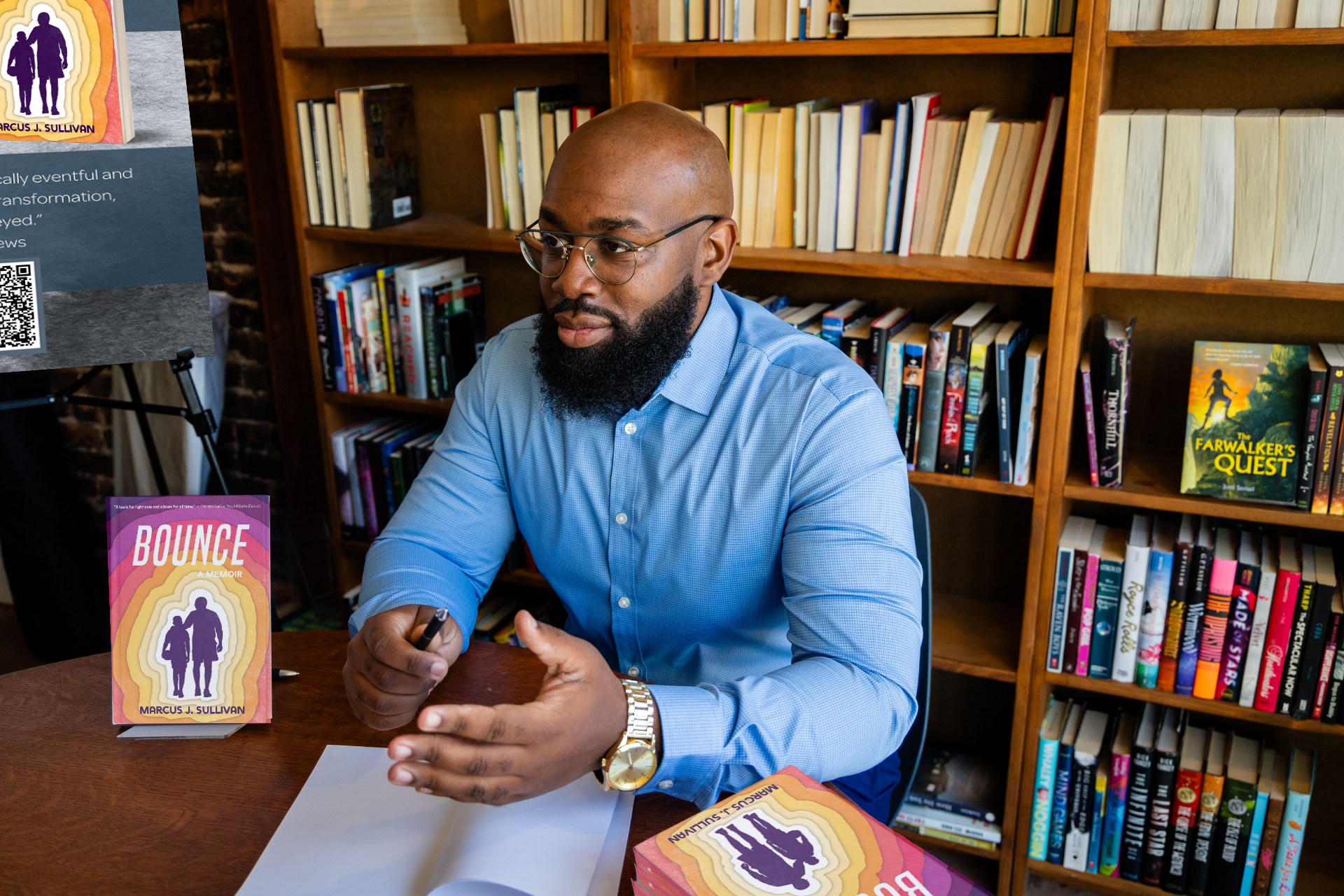Be it timeless classics or contemporary bestsellers, books have long held the power to shape minds. Literature has the ability to touch us deeply, inspire changes, and form perspectives that can fundamentally transform our lives. However, what if we tell you to imagine a world where all the books that have inspired your decisions and shaped your knowledge simply don’t exist due to roadblocks? What will happen then? To some, it might seem like an insignificant change, but for others, their life won’t be the same. In this blog, we will shed light on the epidemic of unwritten books, what it is, and how you can solve it.

In a vast array of published works lies a hidden epidemic: the plague of unwritten books. This problem, although a major plague for the literary world, is very hard to see since we don’t have anywhere specific to point to.
You will be surprised to know that only 0.6% of people who start writing a book ever reach the publishing stage. This tells us that the world of unpublished books is way bigger than the world of published work. There are thousands of aspiring authors out there, who either don’t have the courage to embark on this difficult journey or they just get lost somewhere in between drafting and revising.
If you are also facing roadblocks while finishing a book, trust us, you are not the only one! Most writers give up even before completing the first draft. Even sitting down, opening your laptop, and typing out the first line of your first chapter is a big accomplishment. And if you have gone as far as writing your first few chapters, you are on the right track.
As an aspiring author, facing roadblocks is common. This is why, we are here to help you out!
Understanding the Problem
We see so many people around us every day, our friends, our colleagues, and random people on the subway. Have you ever wondered how many of them have stories and ideas circulating in their heads? In other words, out of all the people who you see and interact with in your daily life, how many of them believe they should write a book? The answer is about 81 to 82%.
This means that more than half of the people believe that either their viewpoint, their life story, or their fictional story with is worth reading. However, of course, not all of them start writing a book, and even fewer actually complete it. This is because the journey of going from an aspiring author to a published writer is neither easy nor short. It takes a lot of time and effort to believe in your dreams and act on them.
For instance, despite the overwhelming desire of many individuals to write a book, only a fraction ever takes the step towards realizing their dream. Mere 15% of these people can actually begin writing a book, and even if they do, most give up on it before even completing the manuscript. Only 3% of writers actually finish writing the manuscript and less than 1% publish their work.
Let’s assume that 8 out of every 10 people believe their story is worth sharing. Out of these 8 people, at most 1 person will ever sit down or even think about start writing something. Simply put, the path to publication is laden with roadblocks, from lack of confidence, and time constraints to daunting tasks of revising the book and hiring editors.

The Leaky Pipeline of Authorship
The term “Leaky Pipeline” is often used metaphorically to explain how members of certain demographics become underrepresented in certain industries.
For instance, women and POC are often described as falling through the leaky pipeline of STEM fields. In undergrad, fewer women choose to major in STEM fields. There are more leaks as they either self-select out while applying for masters and Ph.D., or they are not taken in by labs with someone to mentor them. Leaks keep happening throughout the journey, and at the end, only a selected few actually make it through the pipeline while the rest leak out, costing science all of the innovations those women and marginalized researchers might have made if the environment were more supportive for them.
This metaphor aptly describes the journey of an aspiring author, with many writers falling out of the process at many stages. At first, very few people even start working on the manuscript and even if they do, it is super leaky during the initial stages when writers begin to realize that it is taking far more time than they assumed it would. Once it starts settling in that it is not an easy job and they are not able to make consistent progress, they just fall out of the pipeline.
Besides lack of concentration and momentum, there are also other reasons why writers don’t make it to the end. Here are a few reasons why authors fall out of the pipeline:
- They Are Hesitant to Bring a Professional on Board
One of the biggest reasons why authors still have many unwritten books is because they are scared to hire an editor or bring a book coach on board who can refine the manuscript.
The big piece hits when you complete your manuscript, you go over it, and you are pretty happy with it. However, when it’s time to hire an editor or get someone who can refine and polish your manuscript into something that is ready to be published, people just don’t want to do it. And the worst part is that this is not always due to low budget.
Sometimes, writers are perfectly able to afford readers, editors, and book coaches, however, they still don’t want to and would rather fall out. Why? There might be two reasons: first, their book is their baby and they don’t want any eyes on it, or second, they don’t think it is good enough
As an author, you need to understand that everyone needs help. Do you know what’s common among those 0.6% of writers who reach the publishing stage? Every single one of them has had help.
When you see an amazing book, there is not one person behind it but a whole team of people, from designer and editor to reader and book coach. Even the ones who advertise themselves as lone wolves and who have self-published have had a whole team of people help them.
Therefore, you shouldn’t shy away from asking for help. You need people who can polish your work and make it fit for publishing.
2. They Think They Are Not Good Enough
Lack of confidence is another reason writers often fall out of the pipeline. It is also why they won’t get professionals on board, it is more about self-esteem than budgeting. If you have completed your manuscript, but just can’t get yourself through the revising stage or hire an editor, ask yourself if it is because you don’t think it is any good.
When an editor tells a writer to revise something or a few price points to work it around, they might just feel very nervous and end up doubting their abilities. To make it happen, you need to believe in yourself and your work before anything else.
We mean, just think about it, you are already special because you are that one out of eight people who realized their desire to write. And above all, you even made it through the tunnel and wrote your first draft. So if you have worked against all these odds, you are already good. You just need a little help, and you can get it by hiring ghostwriters, editors, and book coaches.

3. It Takes Them Longer Than They Expected
What happens is that during the first few chapters, you play it in your mind over and over again. You go over every tiny detail and are actually excited to put it in typing. This is why, when you sit down to write, you enjoy it.
You practice chapter one in your head. You get some great momentum. You feel really good. Chapter two goes pretty quickly. Maybe chapter three, maybe even four. Usually around four, five, six, that is when people start to fall out.
If you feel like you have under or overestimated your time, you should take a step back and look at your progress. When you do that, you will be able to make a reasonable goal for yourself. It is important to accept that you will have some busy days when you will be sick or you will have an emergency. However, you also need to watch out during this stage since most writers fall out during this time. They delay their work thinking that they will do it the next day. And soon, the next day turns into the next week which turns into the next month, and you end up with an unfinished manuscript.
If you can relate to this, then you can consider hiring a ghostwriter. They can help you wrap up the drafting process if you have already done some of it.
4. They Don’t Want to Make Changes
The last reason why authors fall through the leaky pipeline is a hard one: it happens because writers feel like they have accomplished everything. Don’t mistake it, we know that it is a big achievement to even complete your first draft and send it to publishers. But as an aspiring author, you need to understand that your job isn’t done after completing the manuscript. You might still need to make changes and revisions to your manuscript according to the publisher’s comments and requests.
However, the problem is that most writers take these comments as discouragement. They start thinking that they will just wait it out and see what happens, or they justify themselves by saying that it is just one opinion, and they will get more reviews when the time comes.
This happens because they have worked hard to complete that manuscript and now they don’t feel like they have to make any more changes to it. Now, this can be very detrimental to your publishing stage. You need to know that a publisher is going to have questions about characters, certain scenes, your argument, and much more. They might ask you to provide resources and ask you to revise it, and you will have to do it if you are serious about your goal, that is, if you truly want to be among those 0.6% people who make it through the leaky pipeline.
Overview Challenges: Strategies for Aspiring Authors
For ambitious writers who are prepared to take on challenges, there is hope despite the dismal statistics and enormous obstacles. There are ways you can get beyond typical roadblocks, such as self-doubt, time limits, rejection, and fear of doing revisions.
Here are some key strategies for aspiring authors that will help you through difficult stages on your path to publication:
- Fostering confidence and self-belief in your writing skills.
- Establishing reasonable writing and revision deadlines and goals.
- Requesting advice and assistance from publishing industry experts and writing groups.
- Accepting the process of revision as a chance for development and advancement.
- Recognizing the importance of assistance and teamwork in the publishing process.
In a rapidly growing knowledge economy, the loss of stories, experiences, and ideas can halter progress and innovation. The epidemic of unwritten books doesn’t only affect the literary world but it is also impacting our society and young minds. To solve this, aspiring authors need to be more confident overcome roadblocks.
If you know your story could help people, reach out! We would love to help you get your story into the hands of those who need it.



